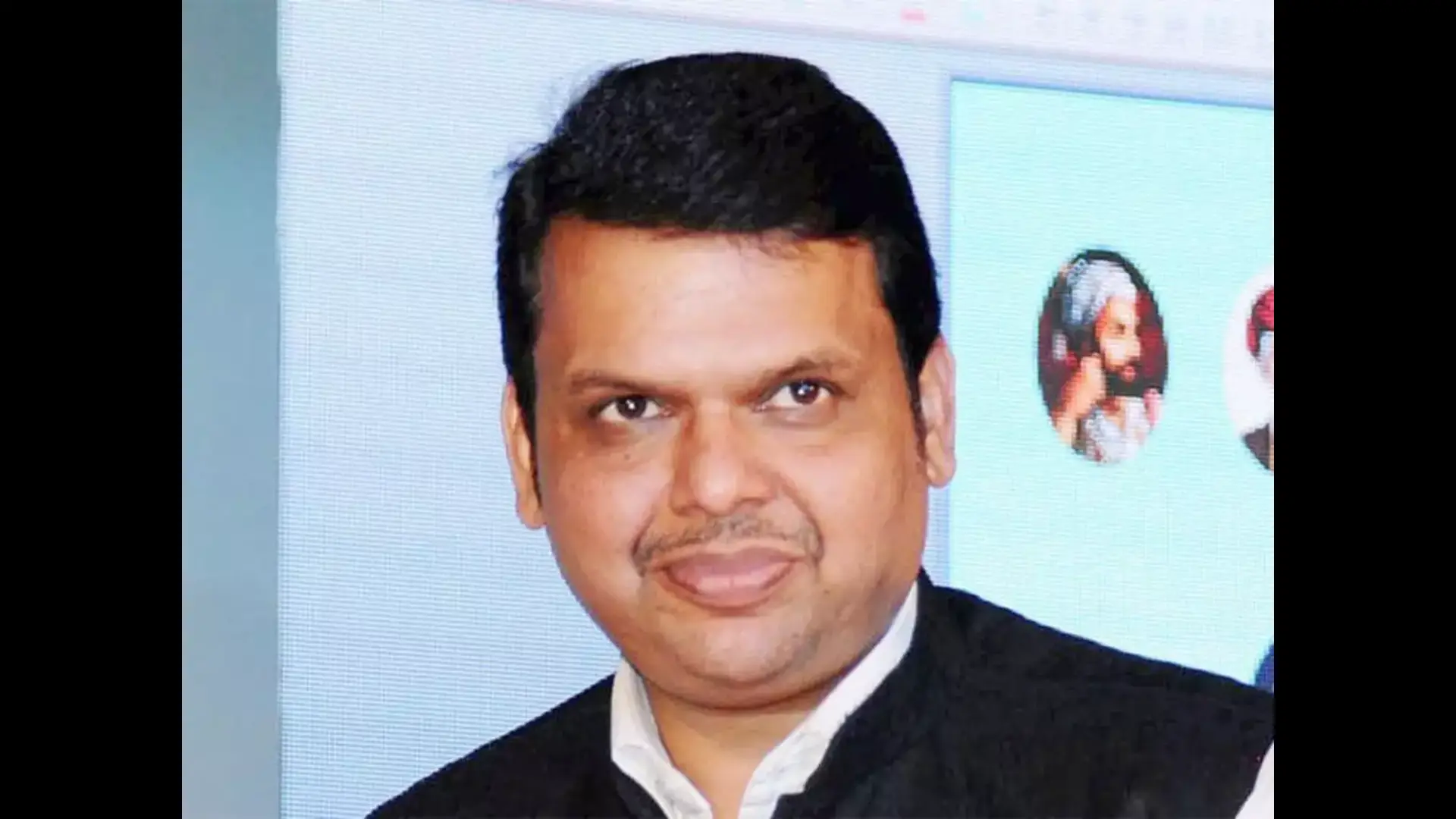The thesis of your master’s or doctorate is a summary of your educational program and your learnings from it. It is the culmination of your understanding of the course, your writing skills and the skills acquired during the program. Some employers also consider the applicant’s thesis statement while looking for a perfect fit.
So, it is important to make your thesis stand out among the rest.
But how to make it the best and unique?
Well, let’s dive into some important points to keep in mind while drafting one.
1. Keep the Basics Perfect
To stand out from the crowd, you should first focus on the basics of writing a thesis. That includes multiple dimensions such as formatting, content, templates, spacing, writing styles, etc.
Generally, a college or university has its format for thesis writing for separate educational programs in master’s or doctorate. So re-read your guidelines to have a clear idea about what is expected out of your thesis.
If you are not provided with such guidelines, you can follow a universal structure or format of the thesis after getting approval from your professors.
2. Write in Short Intervals
Thesis writing can be very tedious and time-consuming. You need some good inspiration to start writing one.
Do not sit for long hours. And you don’t have to necessarily write the thesis in the order of the format. Instead,
3. Take Help!
Although the thesis is yours and should depict your ideas, do not hesitate from asking for help.
4. Try Meeting Examiner’s Expectations
The way your thesis actually impacts your examiner could be different from the way you wanted it to be. Being well-informed about what is asked for and expected out of your thesis can help you be on the same page as the examiner.
It can be a tricky job to know about the expectations. But generally, an examiner looks for certain defined areas that you should focus and prioritize.
Those areas are,
5. Make Your Experiences Evident
You might have done some academic projects, or research, or have taken practical experiences throughout your learning program. All of them are a ‘must include’ for your thesis.
Yet, more than describing the experience is required. It needs to be evident to the examiner through your arguments and proofs that you have paid attention to detail and acquired some skills and knowledge with your experiences.
And One Last Tip
Last, but not least. Proofread your thesis.
It is one of the most important parts of completing your project. If not done, this might leave you with some errors or missed out areas, that might be crucial.
Don’t give chance to your examiner to find out any flaws.
Do your best but do not strive for perfectionism. Happy writing!














